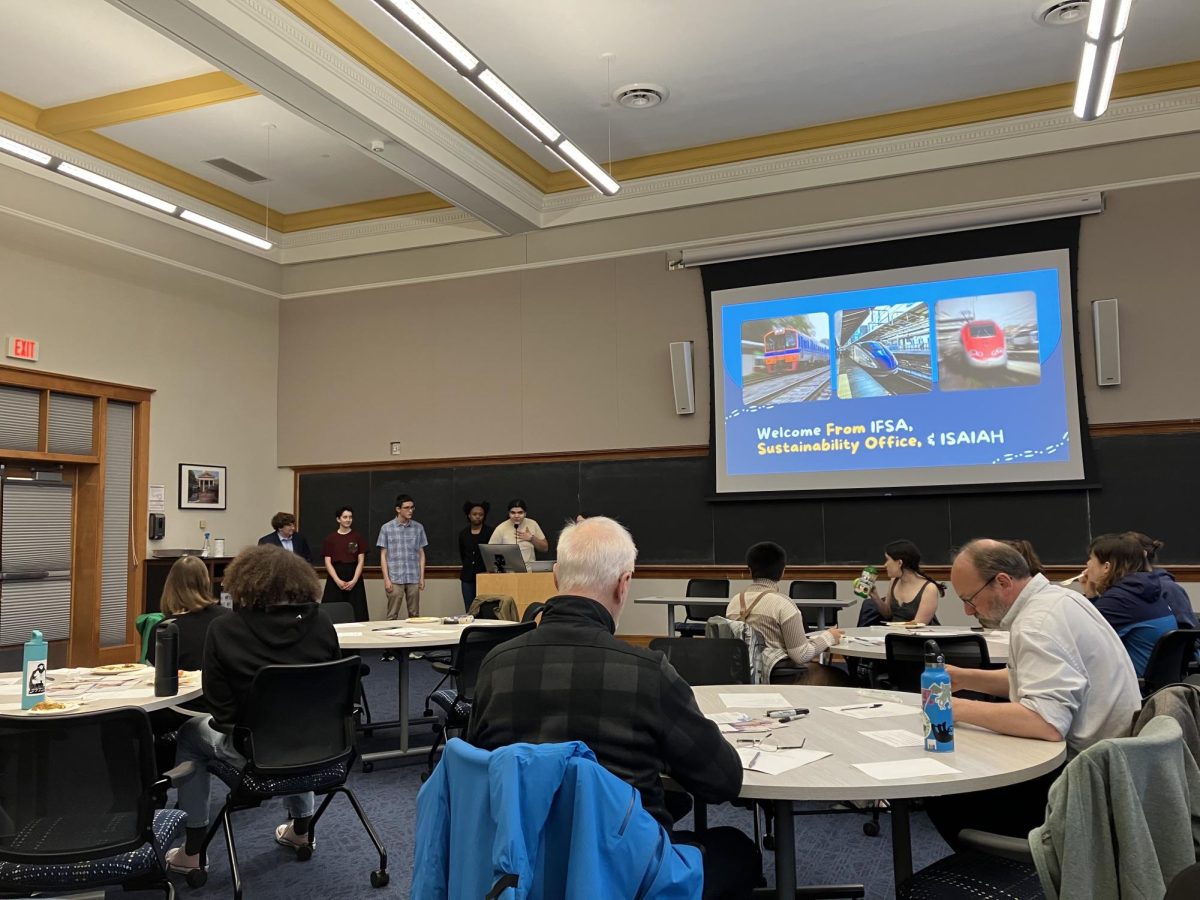When you glance outside your dorm at the bleakness of Minnesota winter, your intuition will lead you to consider this a land utterly devoid of life. And yet, 35 native mammal species are inhabiting the frozen depths of the Arb as we speak. How do they do it?
The smallest mammals—mice and voles—do not hibernate, living beneath the snow in burrow complexes, feeding on inundated plant matter and seeds. The eastern cottontail rabbit and three squirrel species also remain active; the former forage for food buried in snow, and the latter subsist off their stored caches. The eastern chipmunk and thirteen-lined ground squirrel, however, do enter a deep hibernation state.
All these rodents form the primary food source for a number of species, including the red fox, gray fox, coyote, and three species of weasel. Foxes and coyotes use their exceptional hearing to locate and strike burrowing rodents, while weasels use their sleek bodies to hunt them down inside their own burrows.
Yet other species, such as opossum, badger, striped skunk, and raccoon, are omnivorou and feedi on whatever they can find. Though they do not hibernate, all of these species form dens, and some may enter a temporary state of torpor, or semi-hibernation, if food supply is scarce.
Yet other mammals rely on the waters of the Cannon River and its outlying streams. The river otter and mink (an aquatic species of weasel) are active throughout the winter, using waterside dens. Otters are primarily fish-eaters, while minks will also hunt small mammals and waterfowl.
Beaver and muskrat survive by storing nutritious tree matter in their dens and then reducing their activity. The elaborately constructed midriver “lodges” of beavers are often colonized by minks, otters and muskrats. These four mammals are undisturbed by the frigid waters owing to their incredibly thick coats, which in earlier times led to the decimation of their populations by fur trapping.
Left to their own devices, human beings would quickly succumb in the depths of these winters.
Remarkably, however, our fellow mammals are born with the tools to navigate this unforgiving world with expertise.












